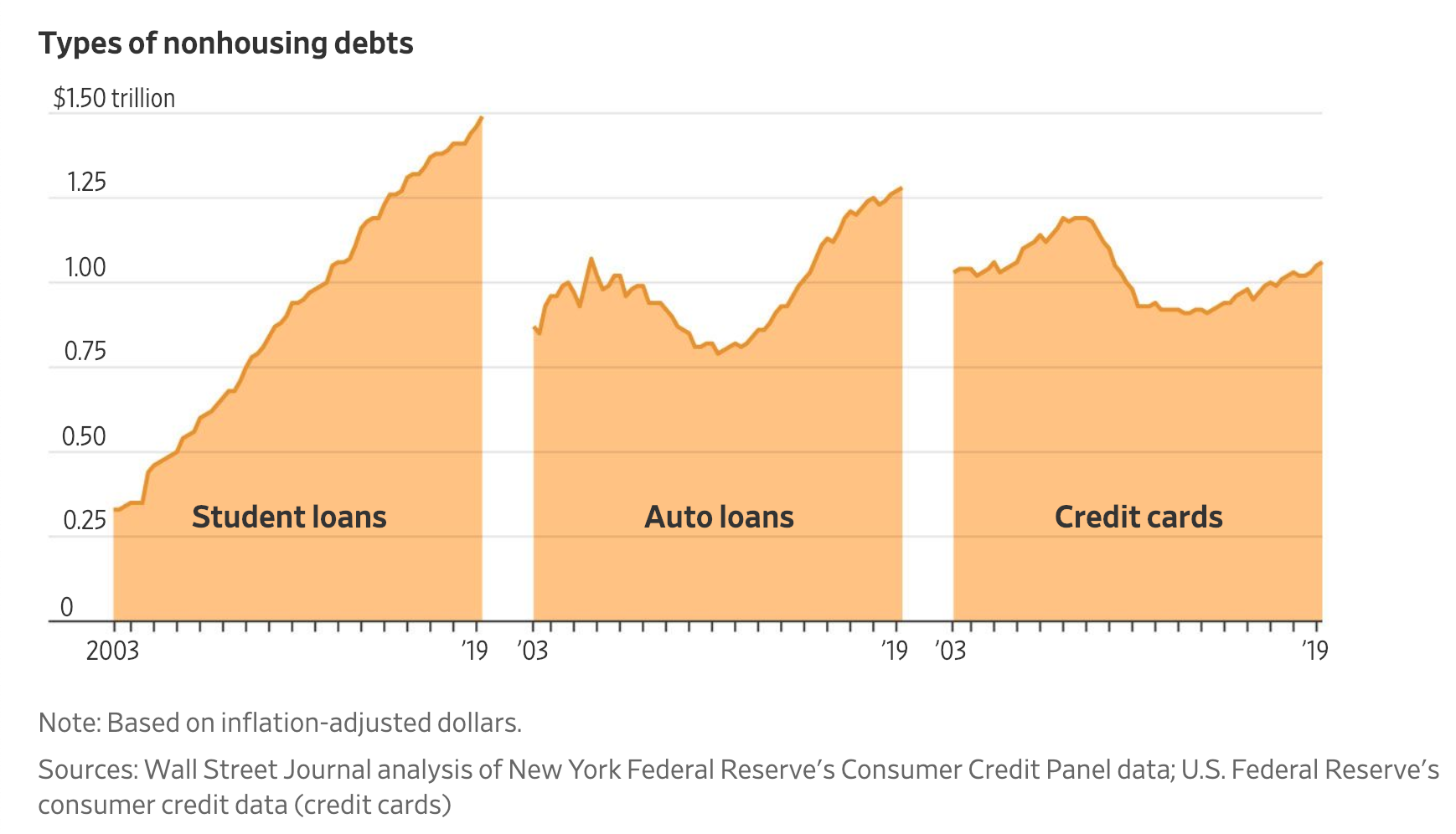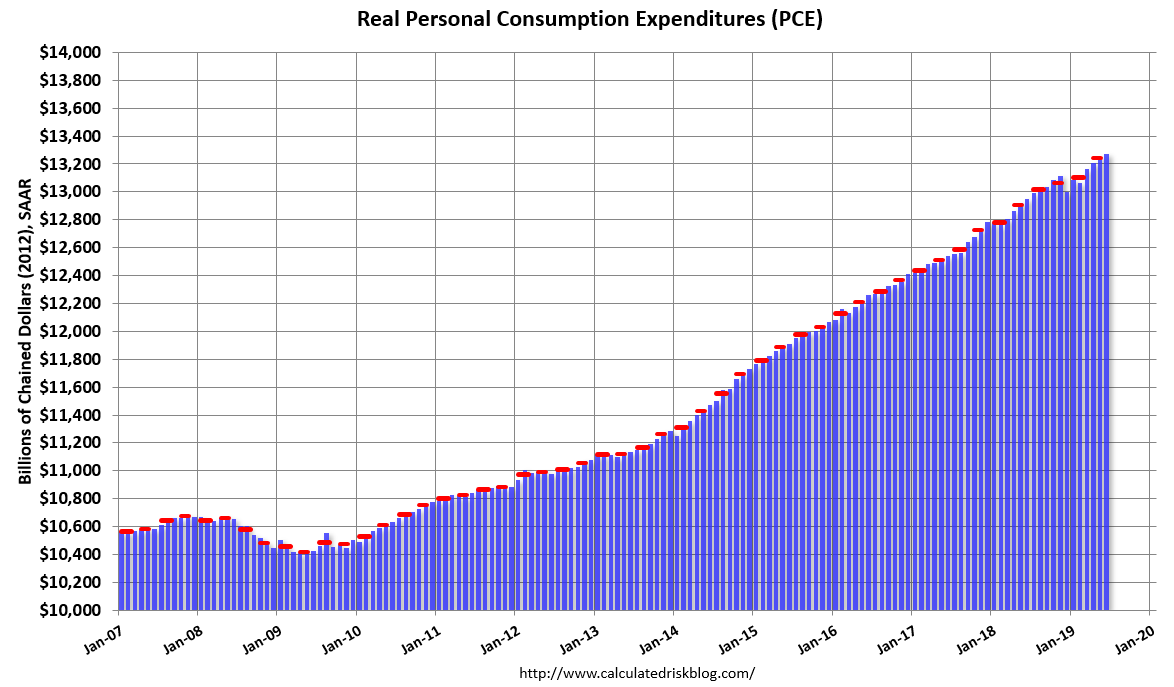Alexandria, Va. — The U.S. Senate today passed the Small Business Reorganization Act of 2019 (H.R. 3311), HAVEN Act (H.R. 2938) and Family Farmer Relief Act of 2019 (H.R. 2336) by a voice vote. ABI testified in support of the three bills. The legislation will now proceed to President Trump for signature into law.
“The three bills modernize the Bankruptcy Code to ensure that struggling veterans, Main Street businesses and family farmers have access to better tools for achieving a financial fresh start,” said ABI Executive Director Samuel J. Gerdano. “ABI commends the Senate action.”
H.R. 3311, the “Small Business Reorganization Act of 2019” (SBRA)
The SBRA would add a new subchapter V to chapter 11 providing a better path for small businesses to successfully restructure, reduce liquidations, save jobs and increase recoveries to creditors. It adopts the current definition of a “small business debtor” as a person in commercial or business activity with an aggregate or noncontingent liquidated secured and unsecured debts as of its bankruptcy filing date of not more than $2,725,625. Introduced by Reps. Ben Cline (R-Va.), David Cicilline (D-R.I.), Doug Collins (R-Ga.) and Steve Cohen (D-Tenn.), the SBRA is inspired by the work of the National Bankruptcy Conference and ABI’s Commission to Study the Reform of Chapter 11. A bipartisan companion bill (S. 1091) was sponsored in the Senate by Sen. Charles Grassley (R-Iowa).
“With proper planning and execution, that Small Business Reorganization Act enables financially troubled small businesses to emerge from bankruptcy within months following a court-approved plan of reorganization,” Gerdano said.
H.R. 2938, the “Honoring American Veterans in Extreme Need Act of 2019” (HAVEN Act)
The HAVEN Act was introduced in the House by Reps. Lucy McBath (D-Ga.) and Greg Steube (R-Fla.) to exclude VA and DoD disability payments from the monthly income calculation used for bankruptcy means testing. The bill was included in the National Defense Authorization Act, which passed on June 27. ABI Veterans Affairs Task Force Member Holly Petraeus, a former assistant director of the Consumer Financial Protection Bureau, testified in favor of the bill on behalf of the Task Force before the House Judiciary Committee. A bipartisan companion bill (S. 679) was introduced in the Senate by Sen. Tammy Baldwin (D-Wis.).
“VA and DoD disability payments made to veterans or their dependent survivors were earned in defense of our country,” Gerdano said. “The HAVEN Act corrects the Code to make sure that these payments are shielded from creditors.”
H.R. 2336, the “Family Farmer Relief Act of 2019”
The Family Farmer Relief Act of 2019 (H.R. 2336) was introduced in the House by Rep. Antonio Delgado (D-N.Y.) to update chapter 12 of the U.S. Bankruptcy Code to reflect the economic challenges facing distressed farmers. Chapter 12 was added to the Bankruptcy Code 1986 to provide reorganization relief to family farmers and fishermen to more properly handle this specialized area of bankruptcy law. Farm size has increased substantially since 1986; meanwhile, net farm income has declined since 2013. As the current debt limit for chapter 12 filings is $4.3 million, H.R. 2336 would raise this limit to $10 million. A bipartisan companion bill (S. 897) was sponsored in the Senate by Sen. Charles Grassley (R-Iowa).
"The Family Farmer Relief Act reinforces chapter 12 to provide family farmers with a durable tool to deal with the cyclical economic challenges faced in American agriculture, roiled by fluctuating land values, swings in commodity prices, weather calamities and adverse trade policies made by government," Gerdano said.
###
ABI is the largest multi-disciplinary, nonpartisan organization dedicated to research and education on matters related to insolvency. ABI was founded in 1982 to provide Congress and the public with unbiased analysis of bankruptcy issues. The ABI membership includes nearly 11,000 attorneys, accountants, bankers, judges, professors, lenders, turnaround specialists and other bankruptcy professionals, providing a forum for the exchange of ideas and information. For additional information on ABI, visit www.abiworld.org. For additional conference information, visit http://www.abi.org/calendar-of-events.
Thursday, August 1, 2019Alexandria, Va. — The U.S. House of Representatives today passed the Small Business Reorganization Act of 2019 (H.R. 3311) and the HAVEN Act (H.R. 2938) by a voice vote. ABI testified in support of both bills.
Small businesses are a critical component of the U.S.’s overall economy, but find it extremely difficult to employ the tools of chapter 11 to successfully reorganize. The Small Business Reorganization Act of 2019 (SBRA), introduced by Reps. Ben Cline (R-Va.), David Cicilline (D-R.I.), Doug Collins (R-Ga.) and Steve Cohen (D-Tenn.), is inspired by the work of the National Bankruptcy Conference and ABI’s Commission to Study the Reform of Chapter 11.
“Chapter 11 doesn’t work for small and medium-sized businesses because the Bankruptcy Code (a) places unrealistic and artificial deadlines on [them], which do not give these companies an opportunity to restructure; (b) imposes substantial and costly disclosure and reporting requirements on these companies; (c) does not provide any tools that can help small businesses … create and implement an effective reorganization plan; and (d) makes it difficult for a small business owner to maintain an ownership interest in the business under the current Chapter 11,” ABI Commission Co-Chair Bob Keach (Bernstein Shur; Portland, Maine) testified before a House Judiciary Subcommittee on Antitrust, Commercial and Administrative Law hearing on June 25, 2019.
The SBRA would add a new subchapter V to chapter 11 to address these problems, leading to more successful restructurings, reduced liquidations, saved jobs and increased recoveries to creditors. It adopts the current definition of a “small business debtor” as a person in commercial or business activity with an aggregate or noncontingent liquidated secured and unsecured debts as of its bankruptcy filing date of not more than $2,725,625.
A bipartisan companion bill is pending in the Senate.
The Honoring American Veterans in Extreme Need Act of 2019 (HAVEN Act) (H.R. 2938) was introduced in the House by Reps. Lucy McBath (D-Ga.) and Greg Steube (R-Fla.) and would exclude VA and DoD disability payments from the monthly income calculation used for bankruptcy means testing. The bill was included in the National Defense Authorization Act, which passed on June 27. ABI Veterans Affairs Task Force Member Holly Petraeus, a former assistant director of the Consumer Financial Protection Bureau, testified in favor of the bill on behalf of the Task Force before the House Judiciary Committee.
A bipartisan companion bill is pending in the Senate.
Since its inception, ABI’s Veterans’ Affairs Task Force has focused much of its attention on the Bankruptcy Code’s inequitable treatment of veterans’ benefits in consumer bankruptcy cases. While the Code excludes benefits received by individuals under the Social Security Act from the definition of “current monthly income” and thus from an individual’s “disposable income,” the Code provides no comparable exclusions for benefits received through the U.S. Department of Veterans Affairs or otherwise on account of a veteran’s service. This disparate treatment of veterans’ benefits presents significant hardship to some veterans, as explained in a July 2019 article in the ABI Journal.
“The Small Business Reorganization Act is a breakthrough for Main Street businesses to finally have the restructuring tools now available only to large companies,” said ABI Executive Director Samuel Gerdano. “With proper planning and execution, financially troubled small businesses can emerge from bankruptcy within months following a court-approved plan of reorganization. ABI applauds the House action today.”
###
ABI is the largest multi-disciplinary, nonpartisan organization dedicated to research and education on matters related to insolvency. ABI was founded in 1982 to provide Congress and the public with unbiased analysis of bankruptcy issues. The ABI membership includes nearly 11,000 attorneys, accountants, bankers, judges, professors, lenders, turnaround specialists and other bankruptcy professionals, providing a forum for the exchange of ideas and information. For additional information on ABI, visit www.abiworld.org. For additional conference information, visit http://www.abi.org/education-events.
Tuesday, July 23, 2019


